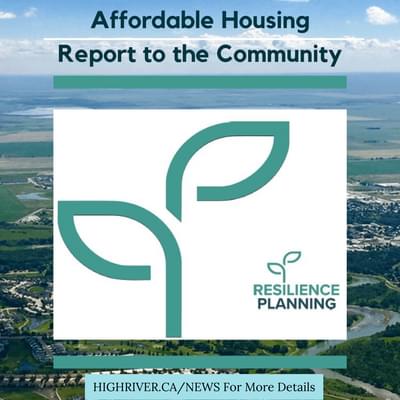
Affordable Housing
Housing options for those who are unable to afford market housing

Affordable Housing:
For housing to be considered affordable, a household should not be spending more than 30% of its income on rent.
The Town of High River's Community Support Services owns 30 affordable housing units. There are eight 1-bedroom, twelve 2-bedroom and ten 3-bedroom units. Rents are below current market rates. Additional fees may apply.
Eligibility criteria include:
- Minimum and maximum financial limits
- Current ties to the community
- Household size
- Primary applicants must be over the age of 18
- Applicants must be Canadian citizens or Permanent Residents.
Tenants are selected based on need and suitability, not first-come, first-served.
For more information, contact the FCSS office at 403-652-8620 or hraffordablehousing@highriver.ca.
The units are not subsidized, but rent is set at an affordable rate. Potential tenants may qualify for a subsidy through Westwinds Communities. For more information, visit Live With Us – Westwinds Communities or call 403-652-8600.
Depending on the size of the unit that is needed, the wait list can be quite long. Please contact the FCSS to be placed on the list. We will contact you to complete an application should a unit become available. We do not accept applications unless there is an upcoming vacancy.
For more information, contact the FCSS office at 403-652-8620 or hraffordablehousing@highriver.ca.
We're here to help, contact us!

FCSS Resource Centre, 251 9 Ave SW, High River, Alberta, T1V 1A4
Hours

Monday - Friday 9:00am - 4:00pm

fcss@highriver.ca

403-652-8620
Report a Concern
